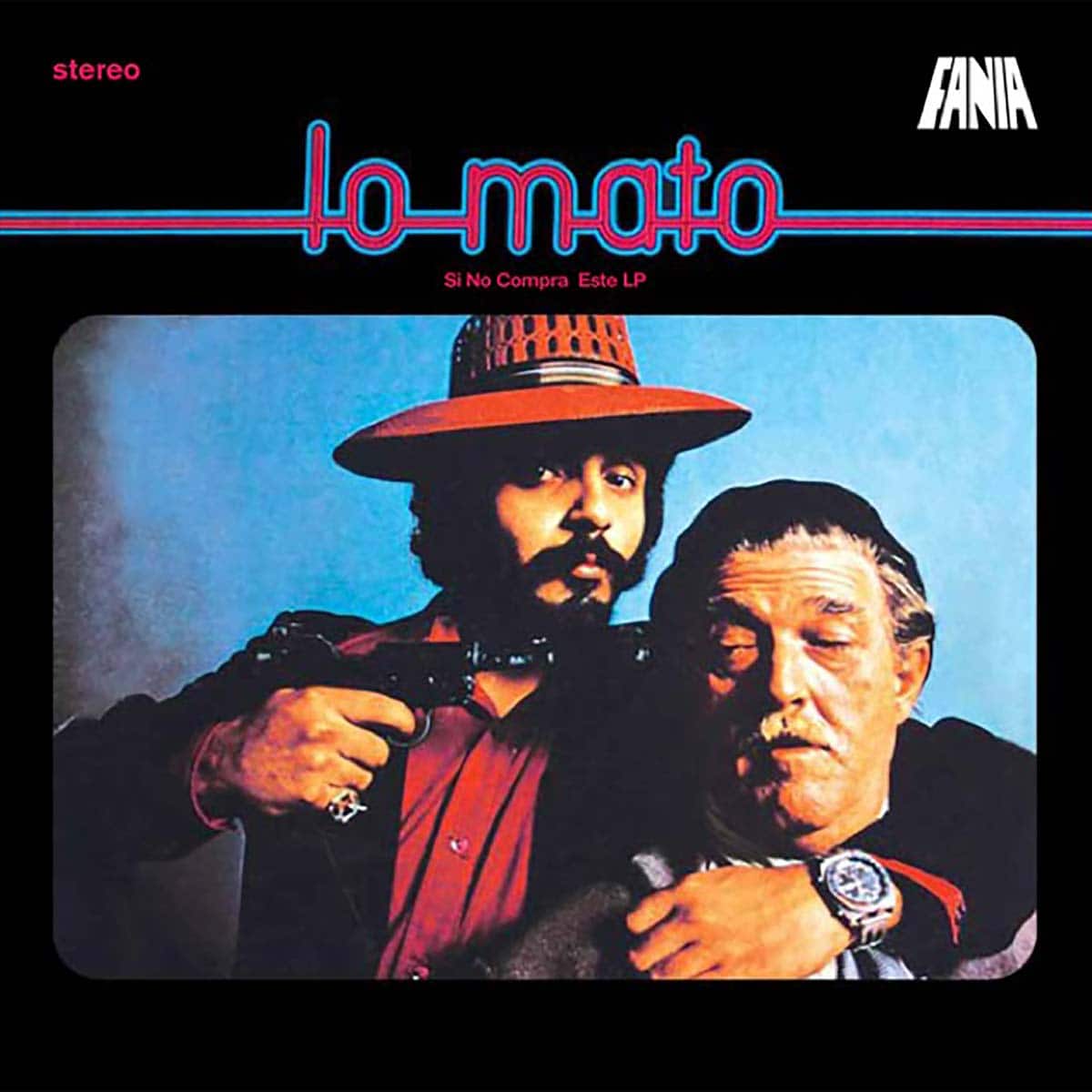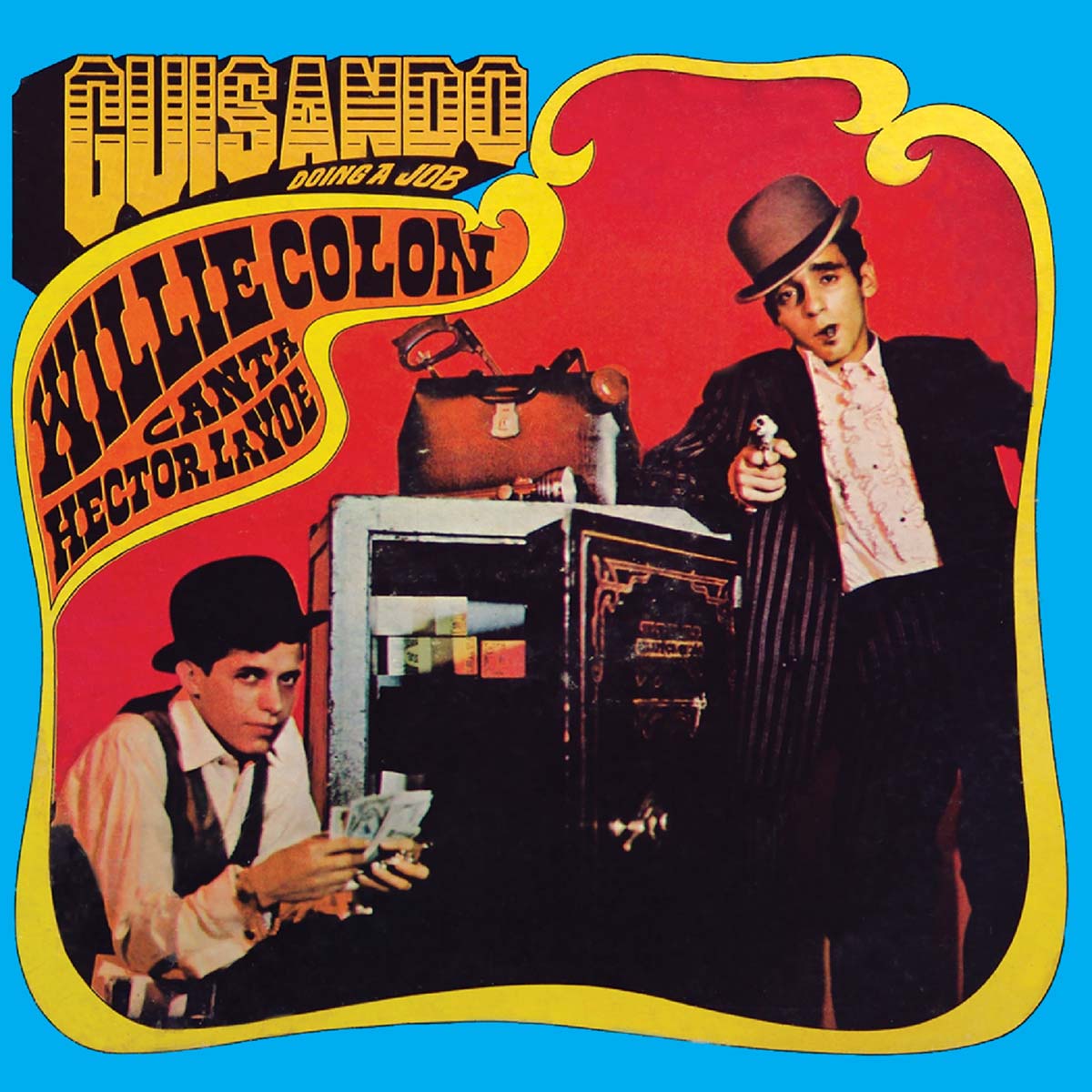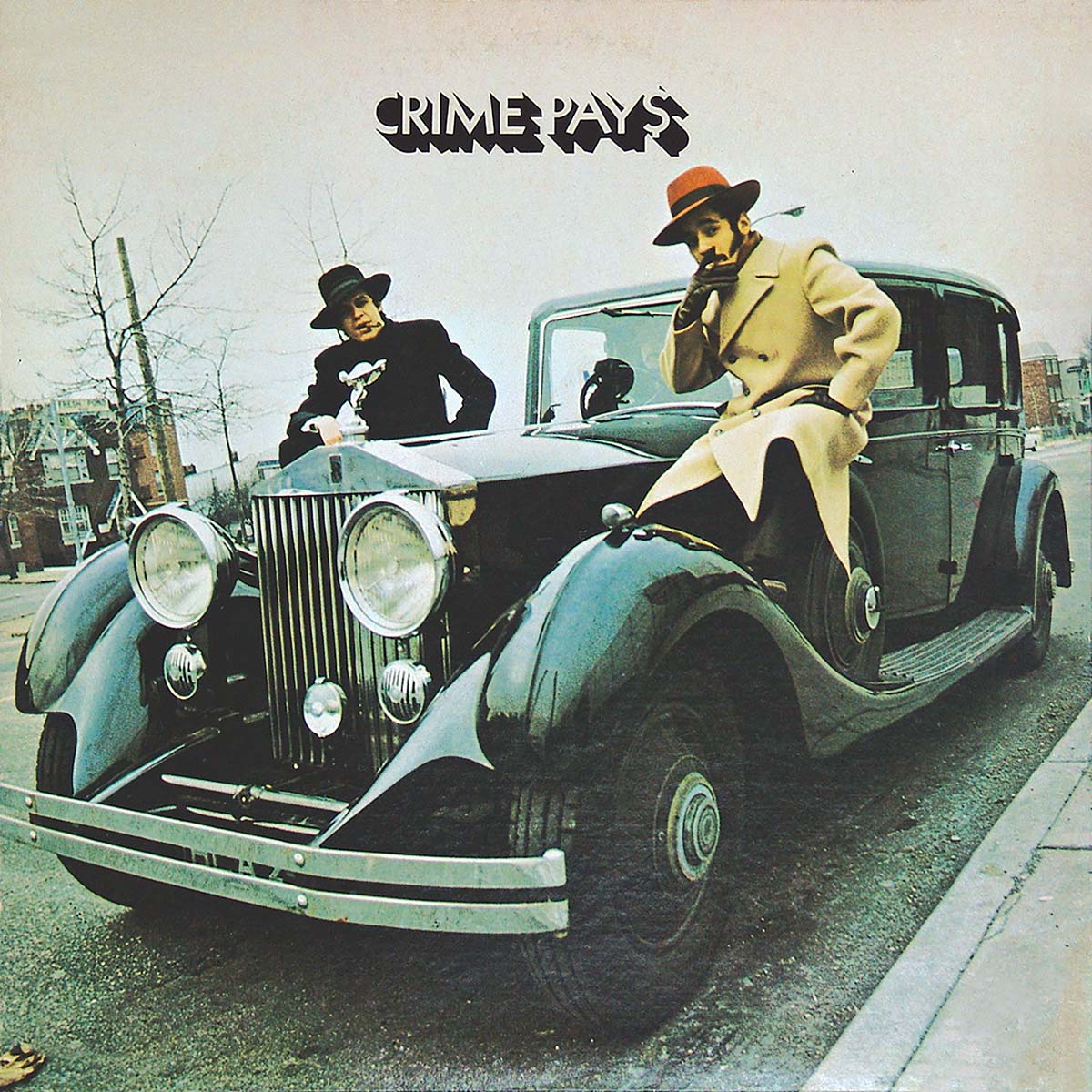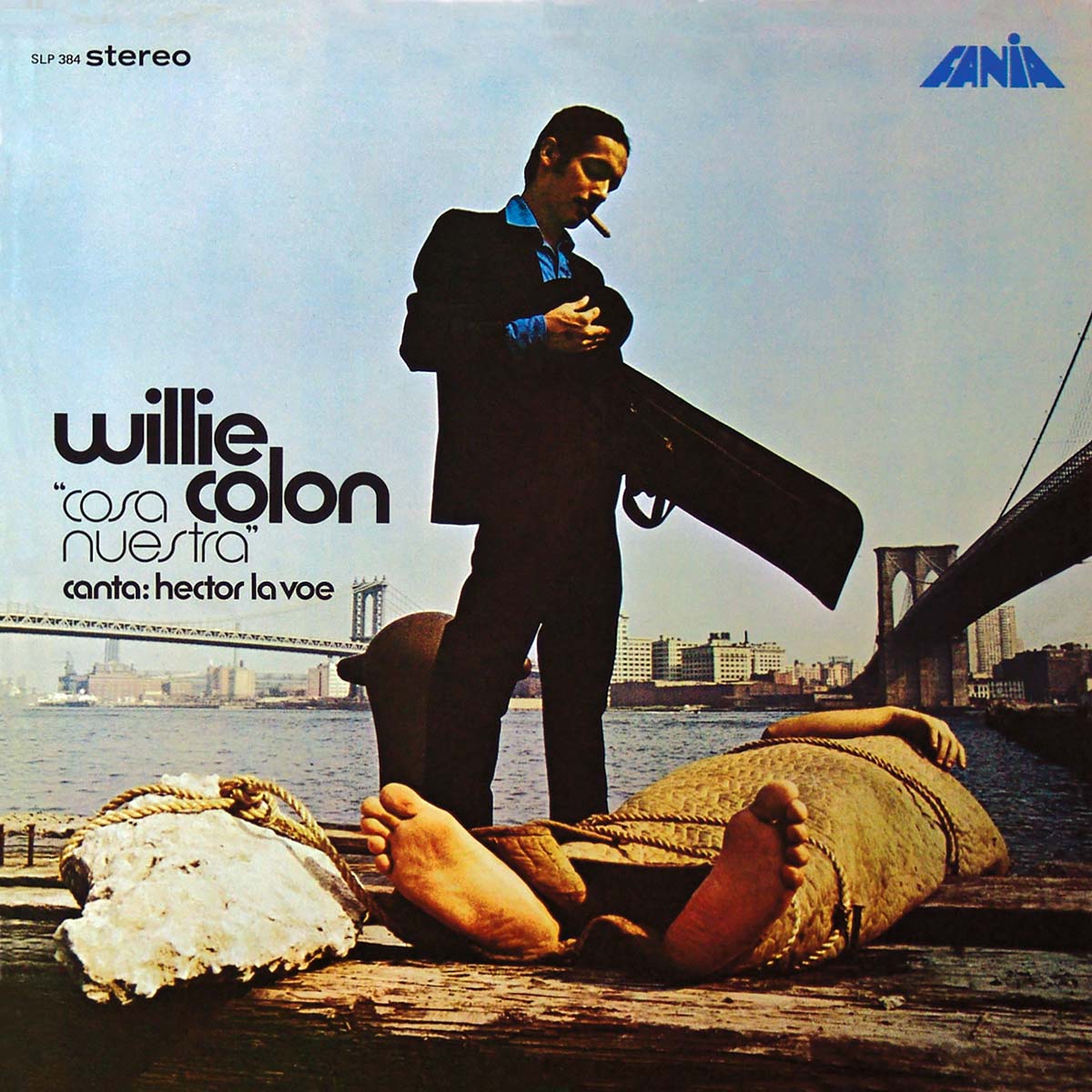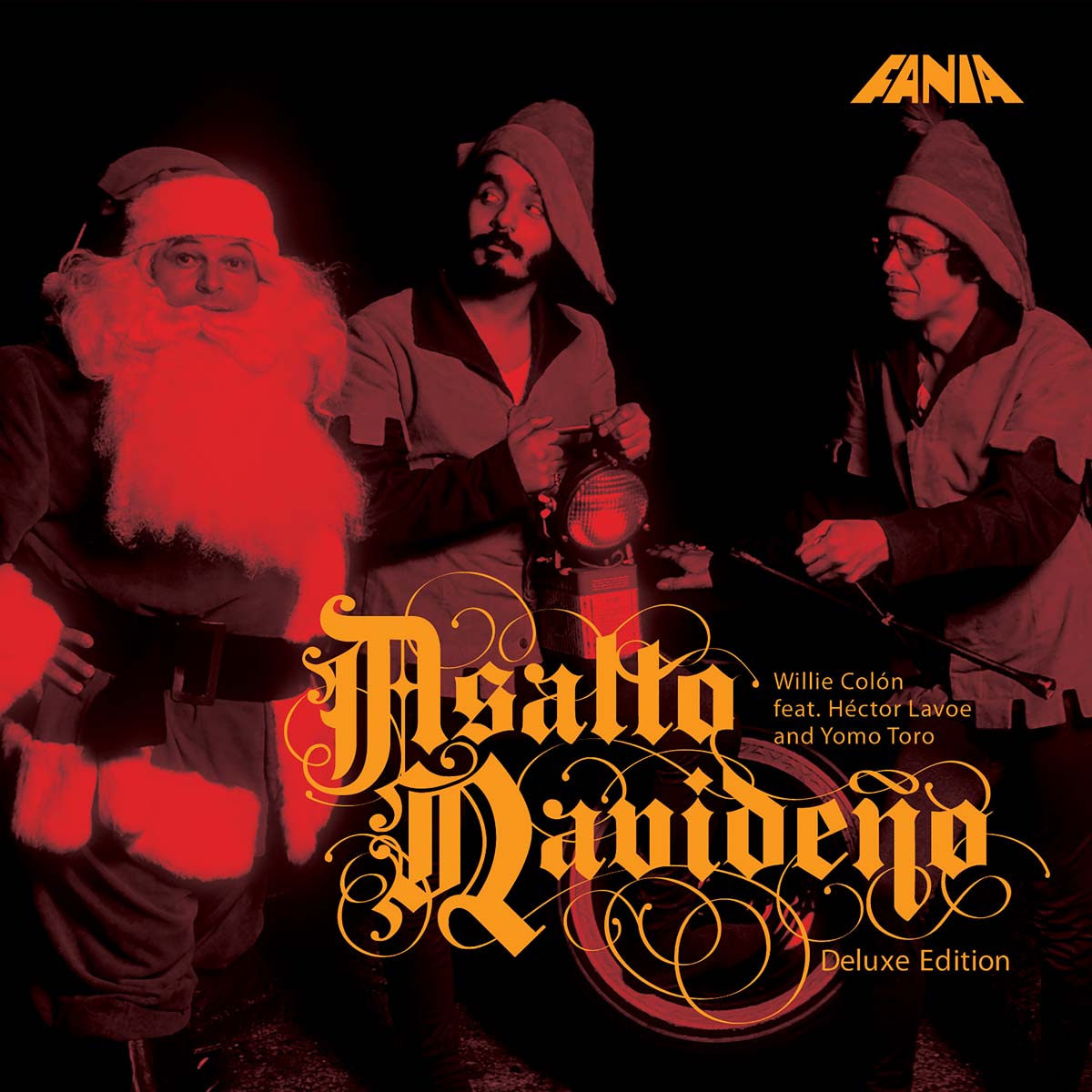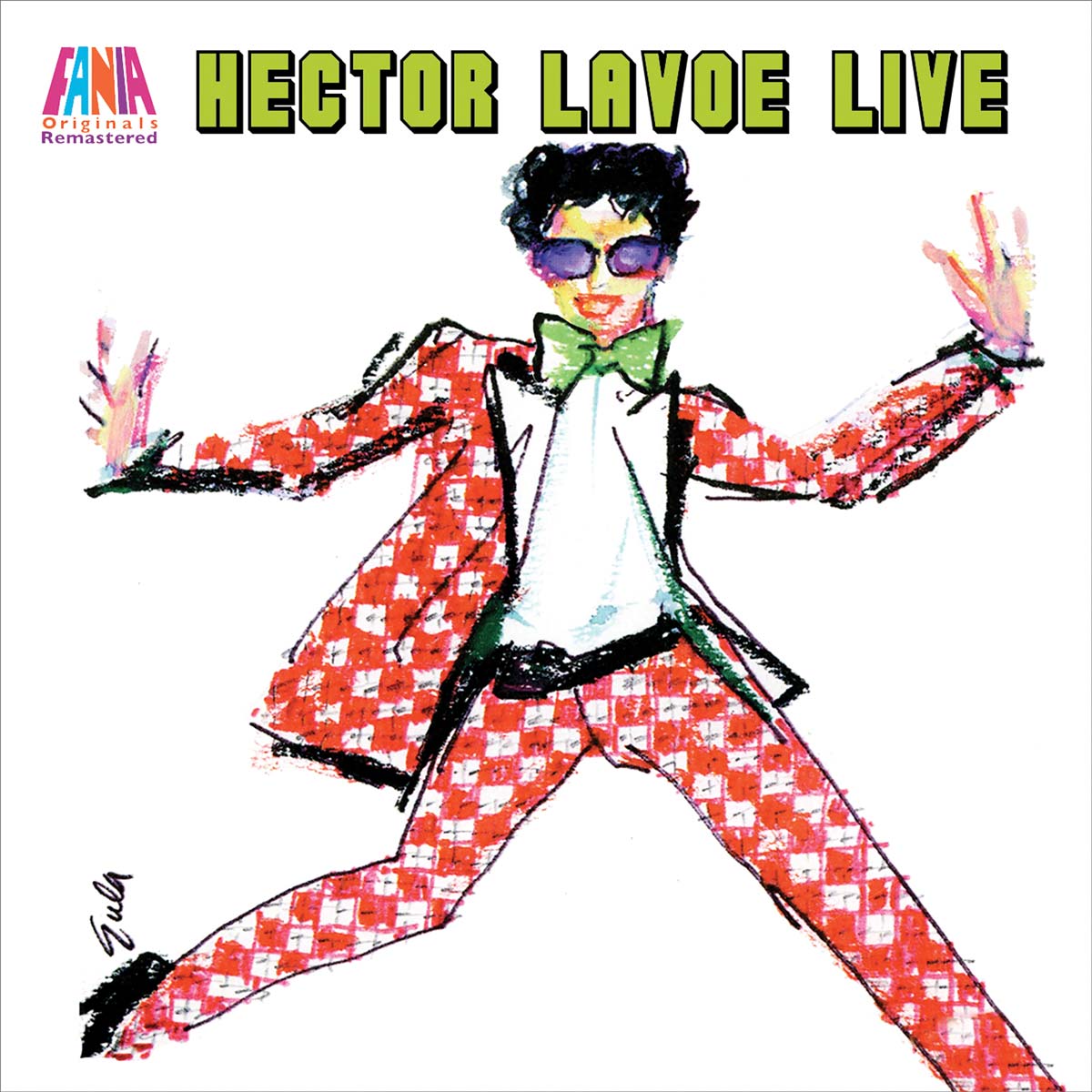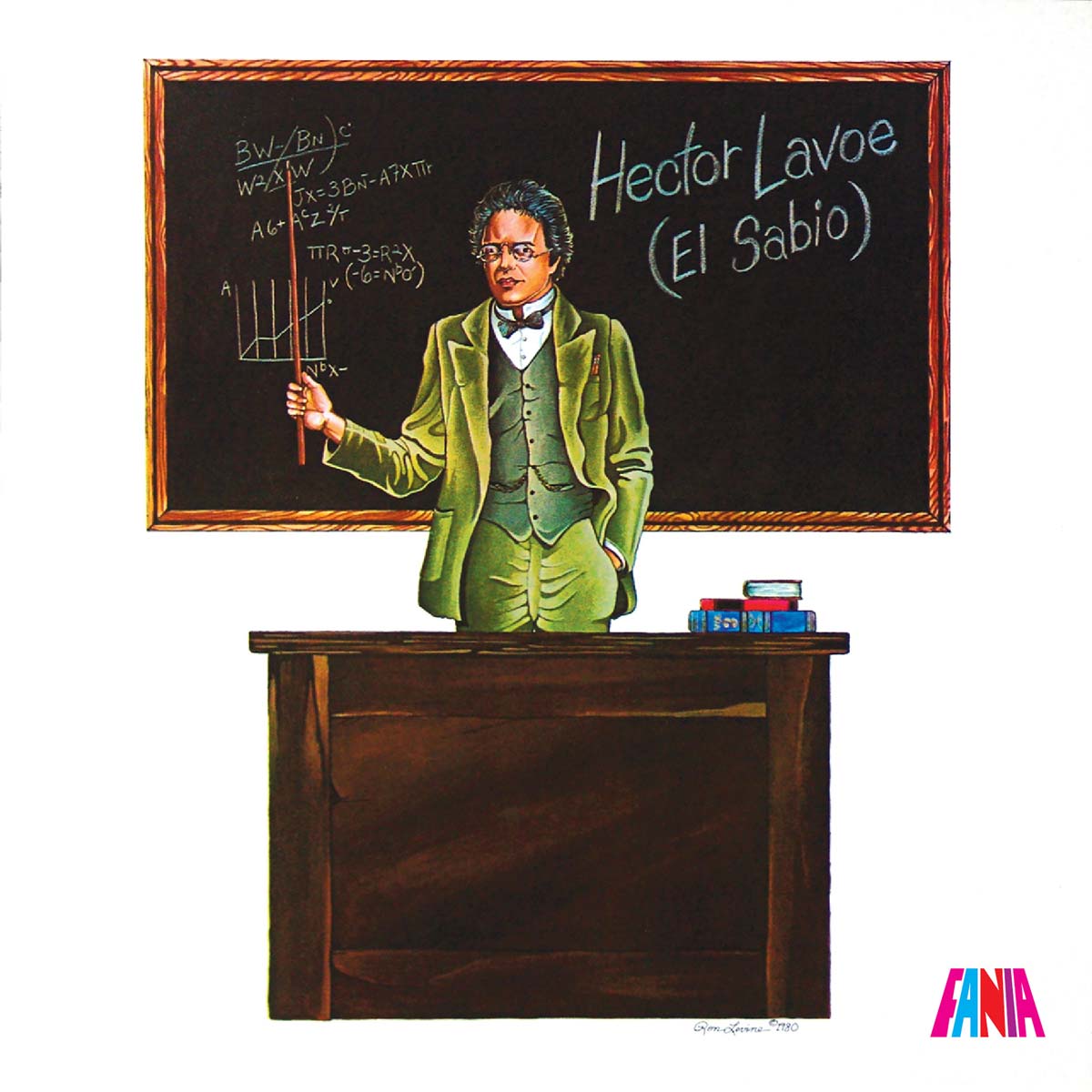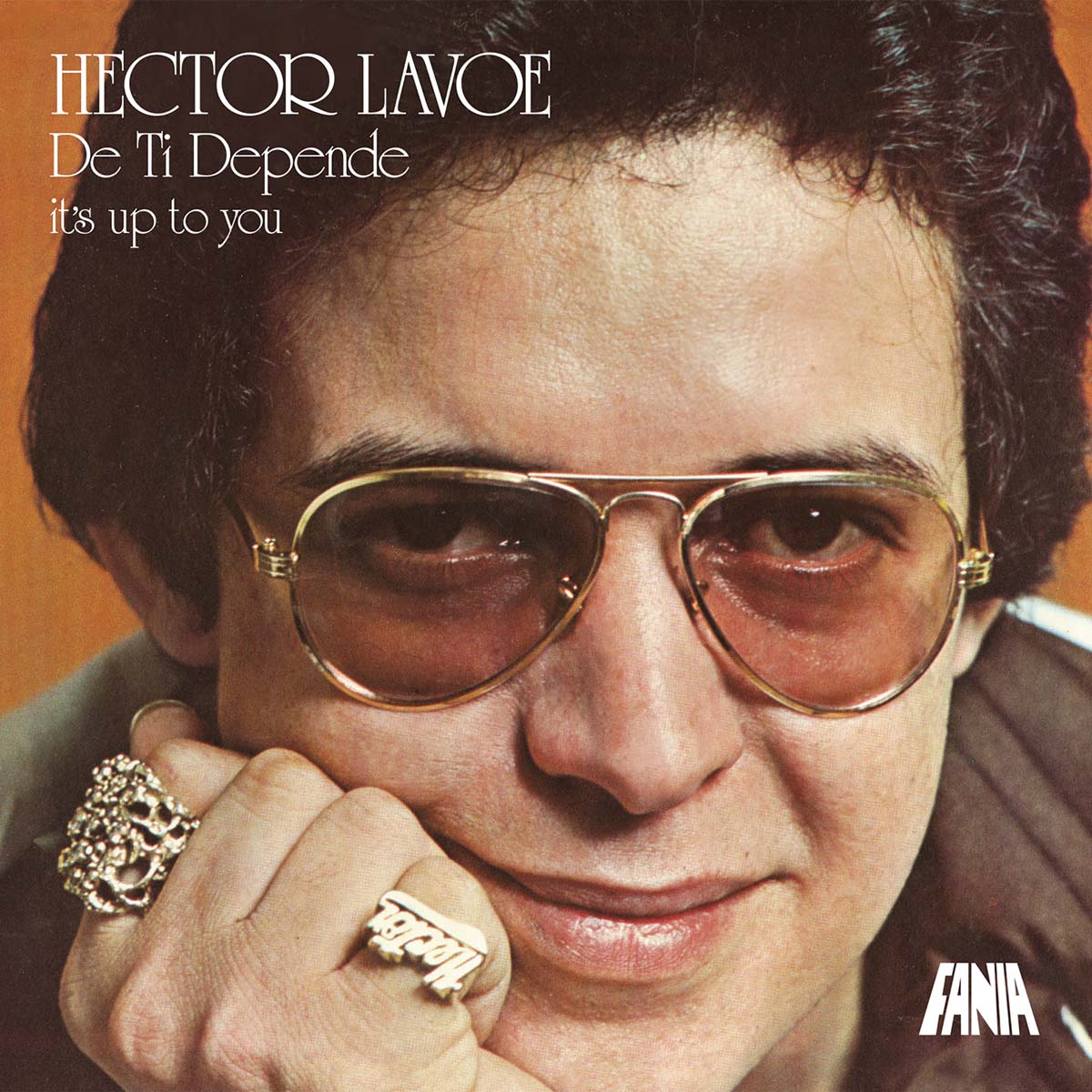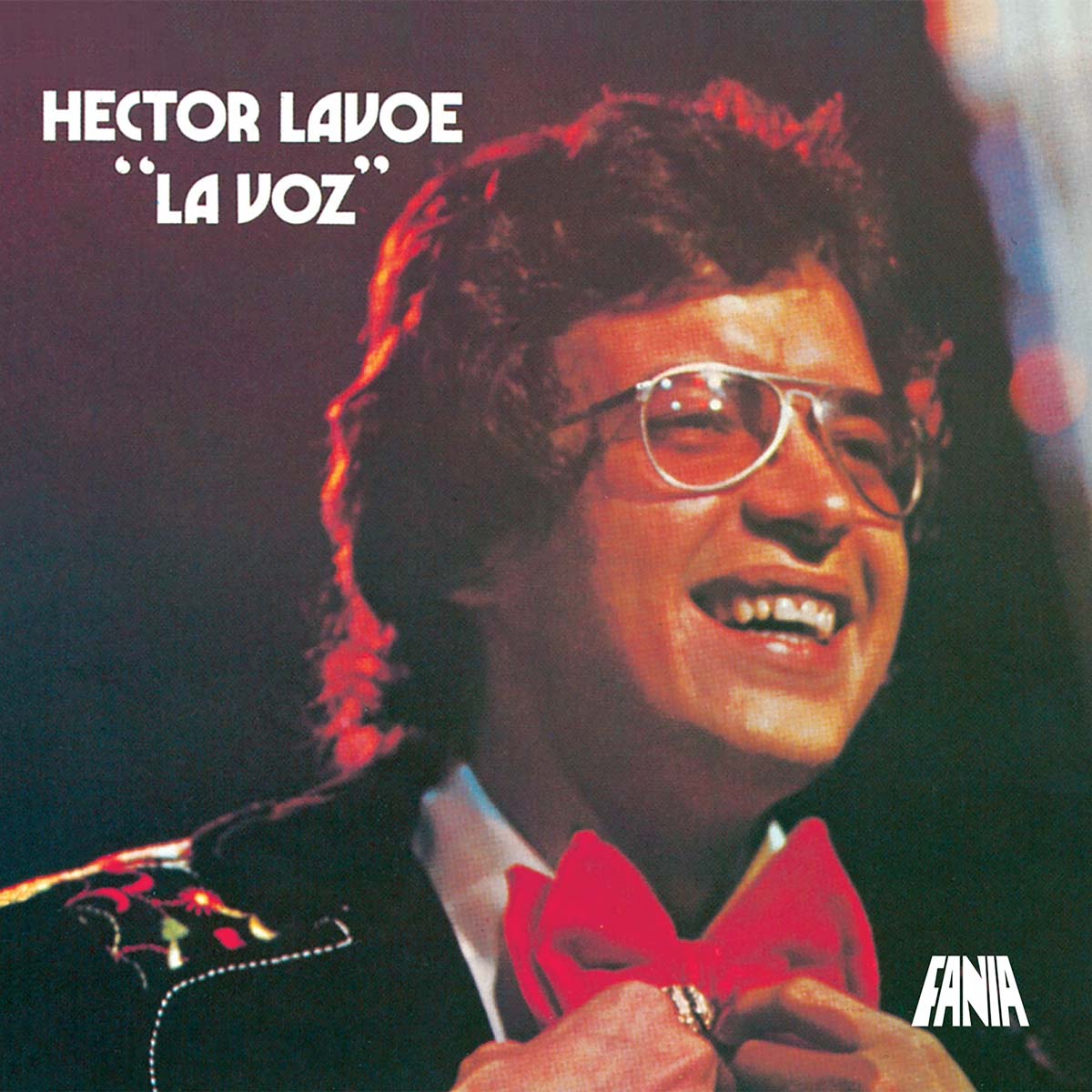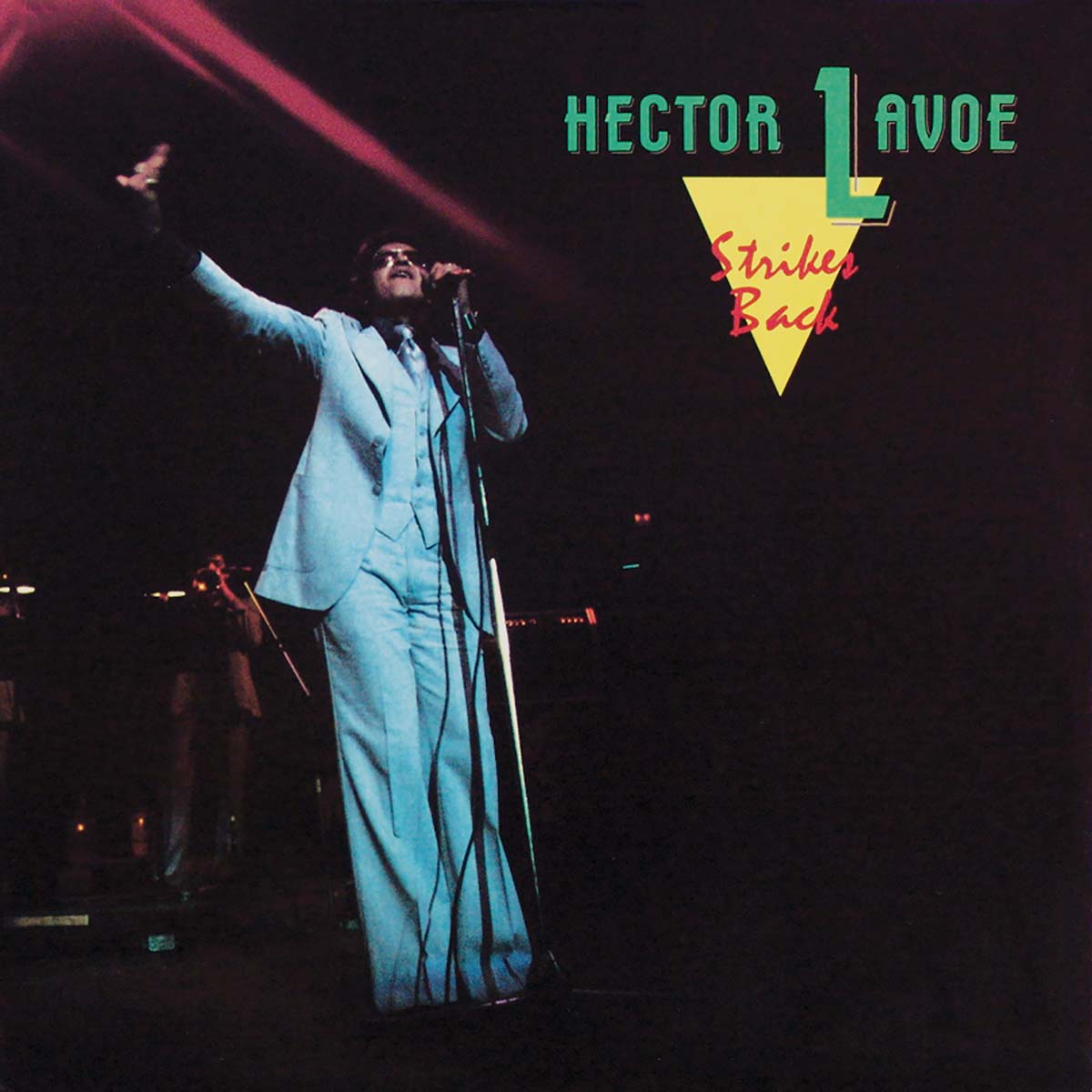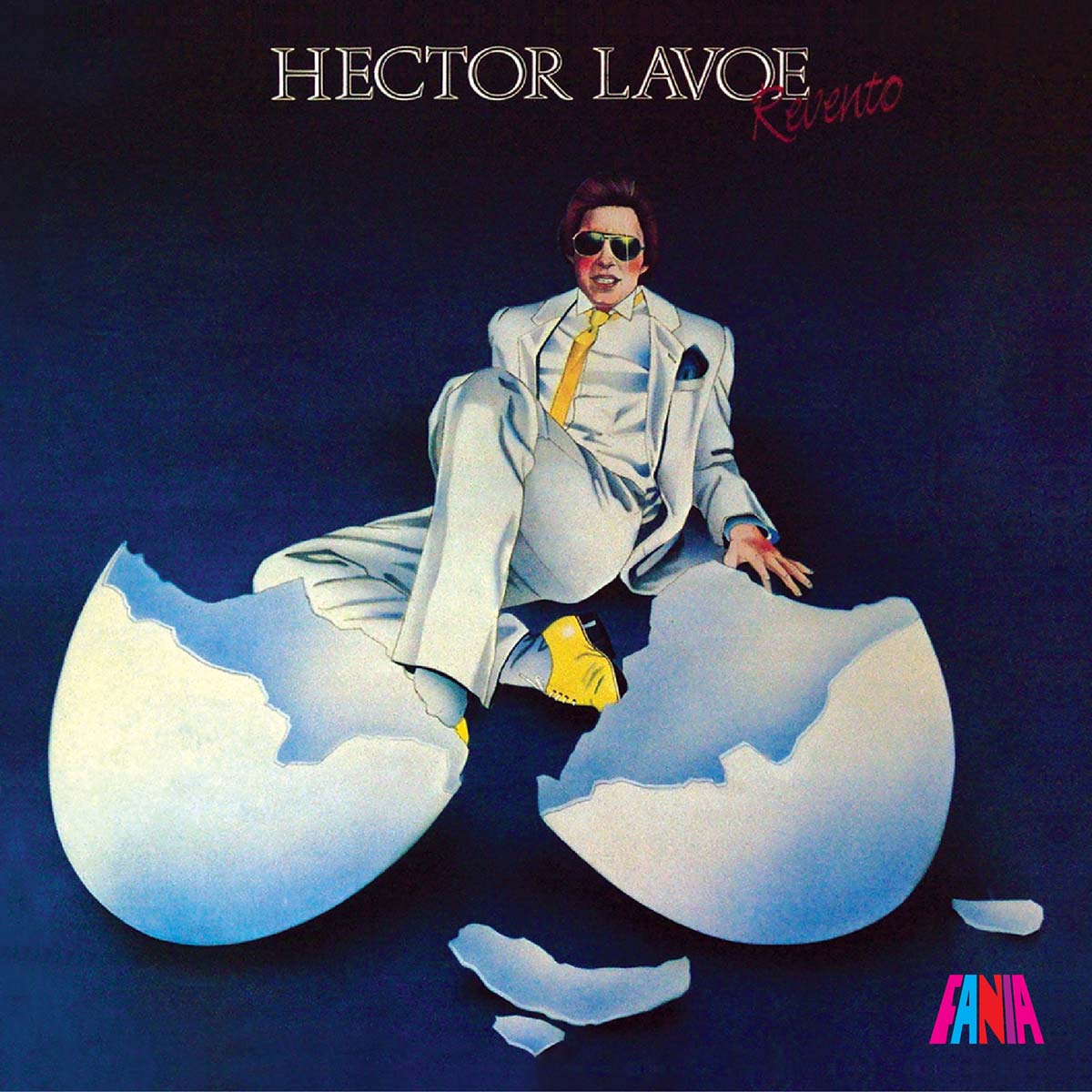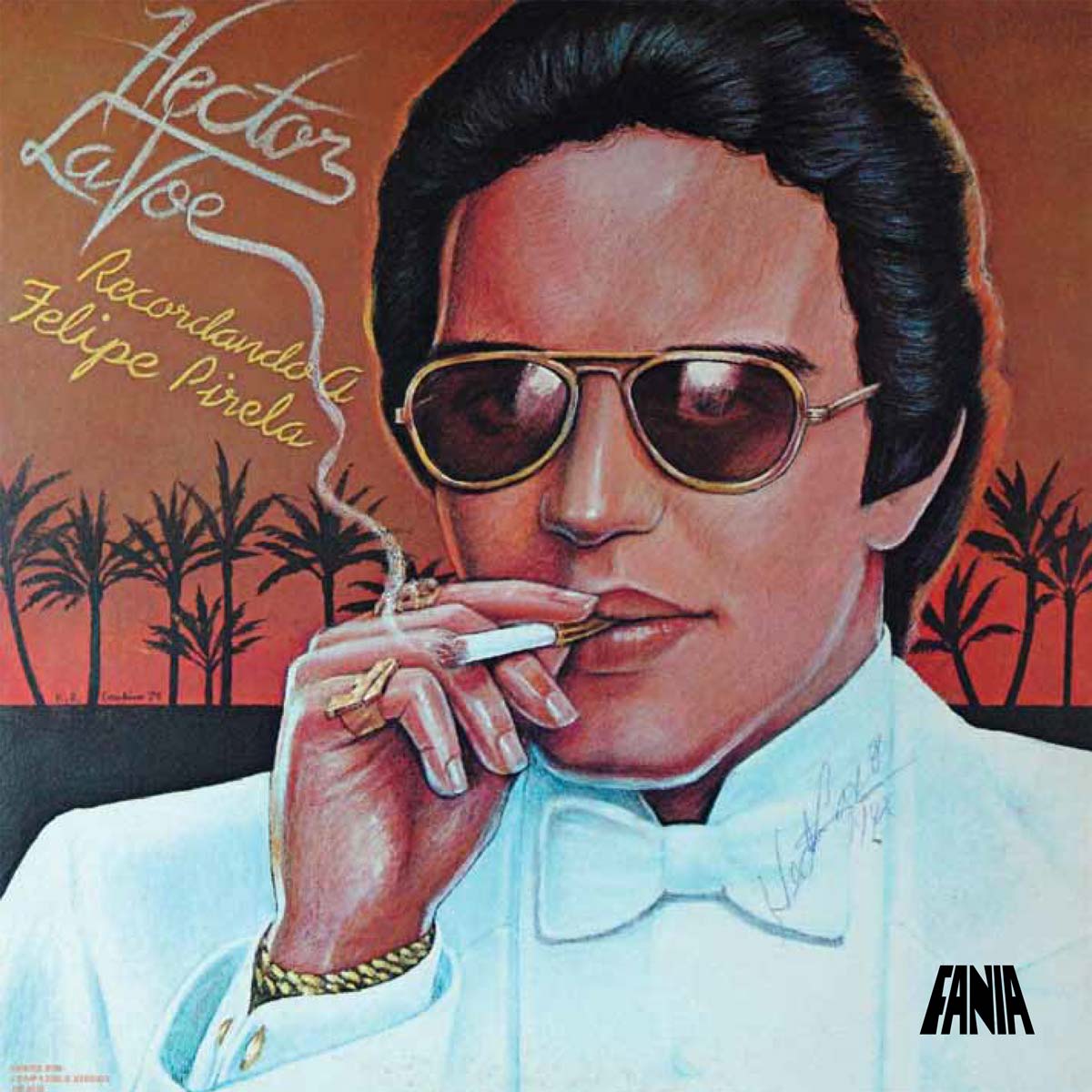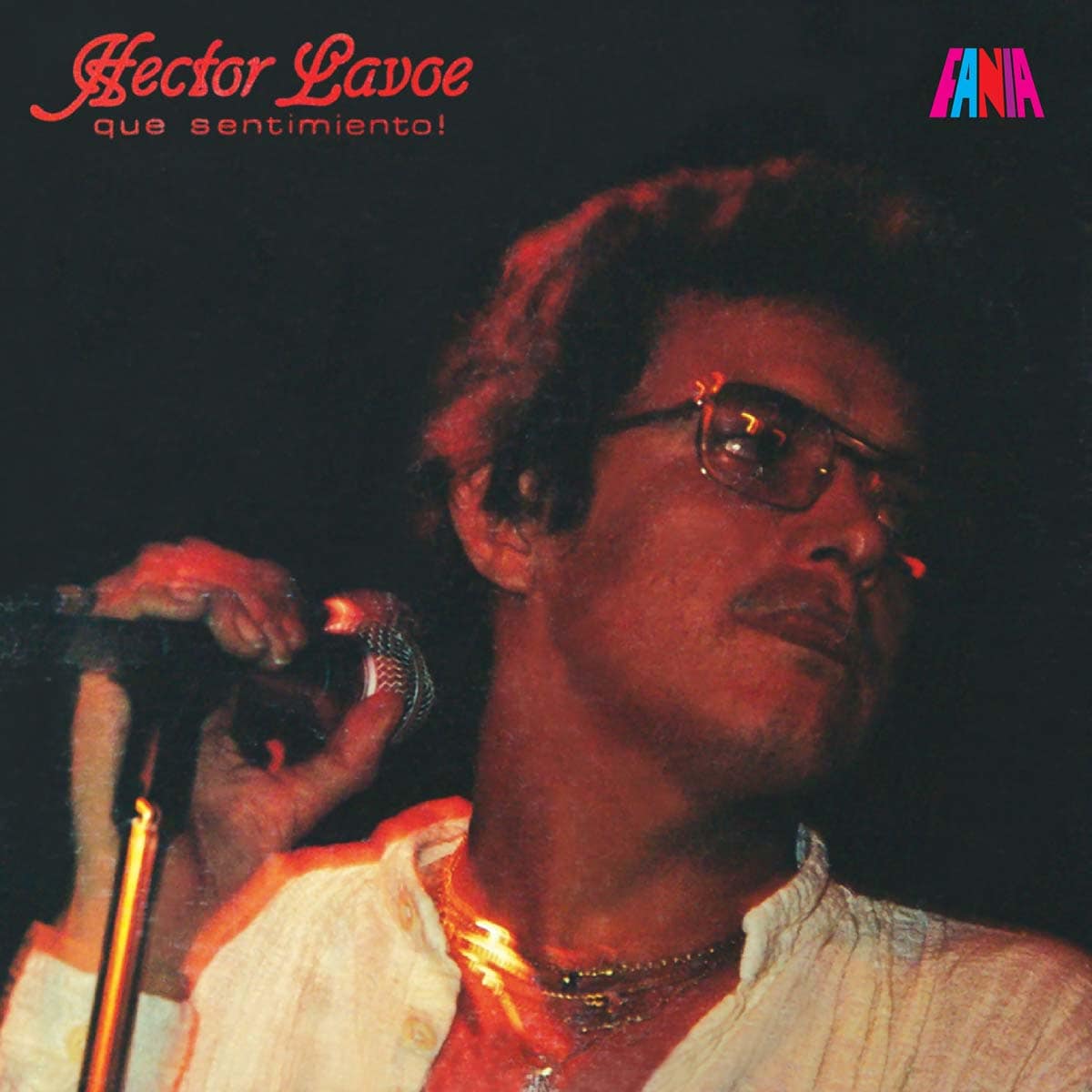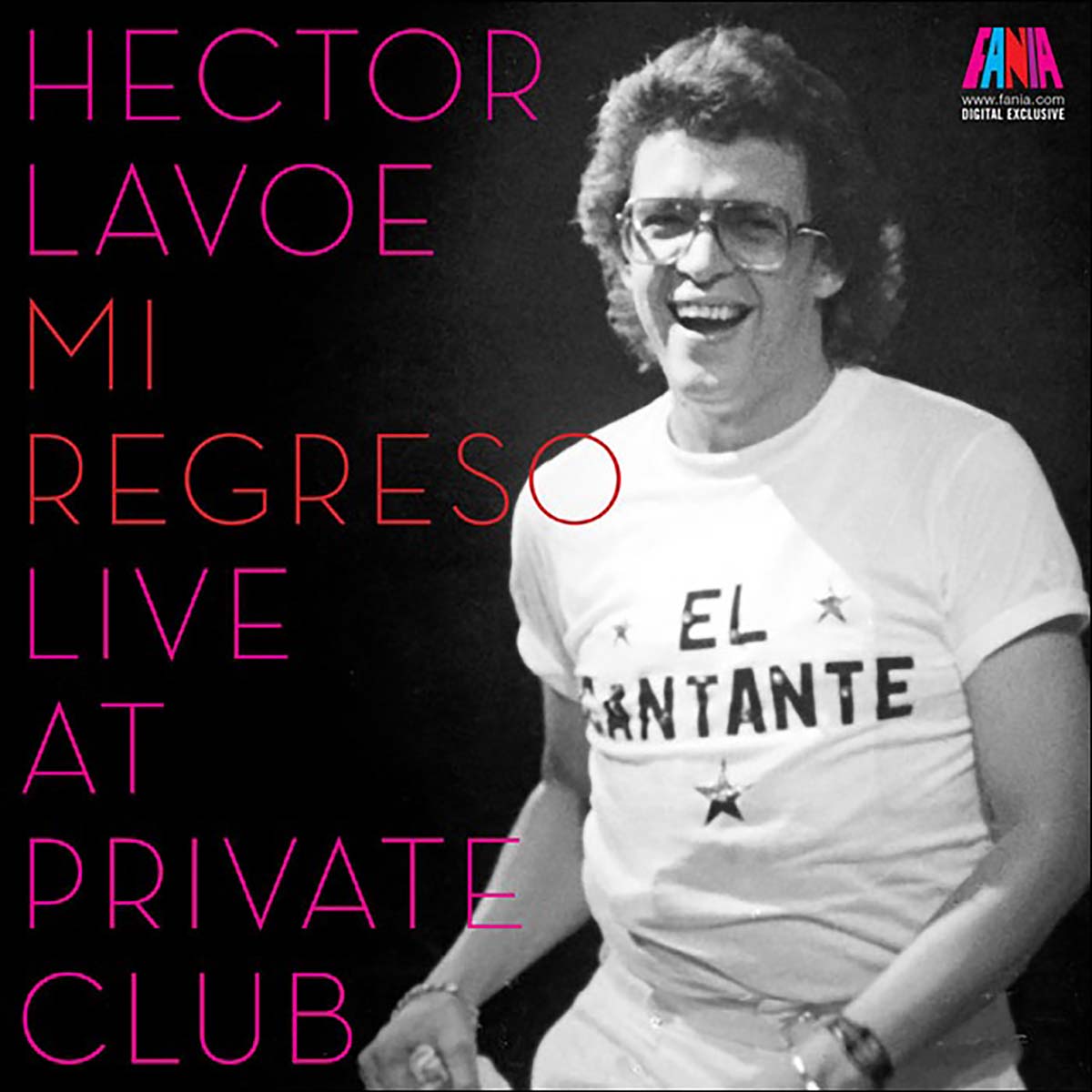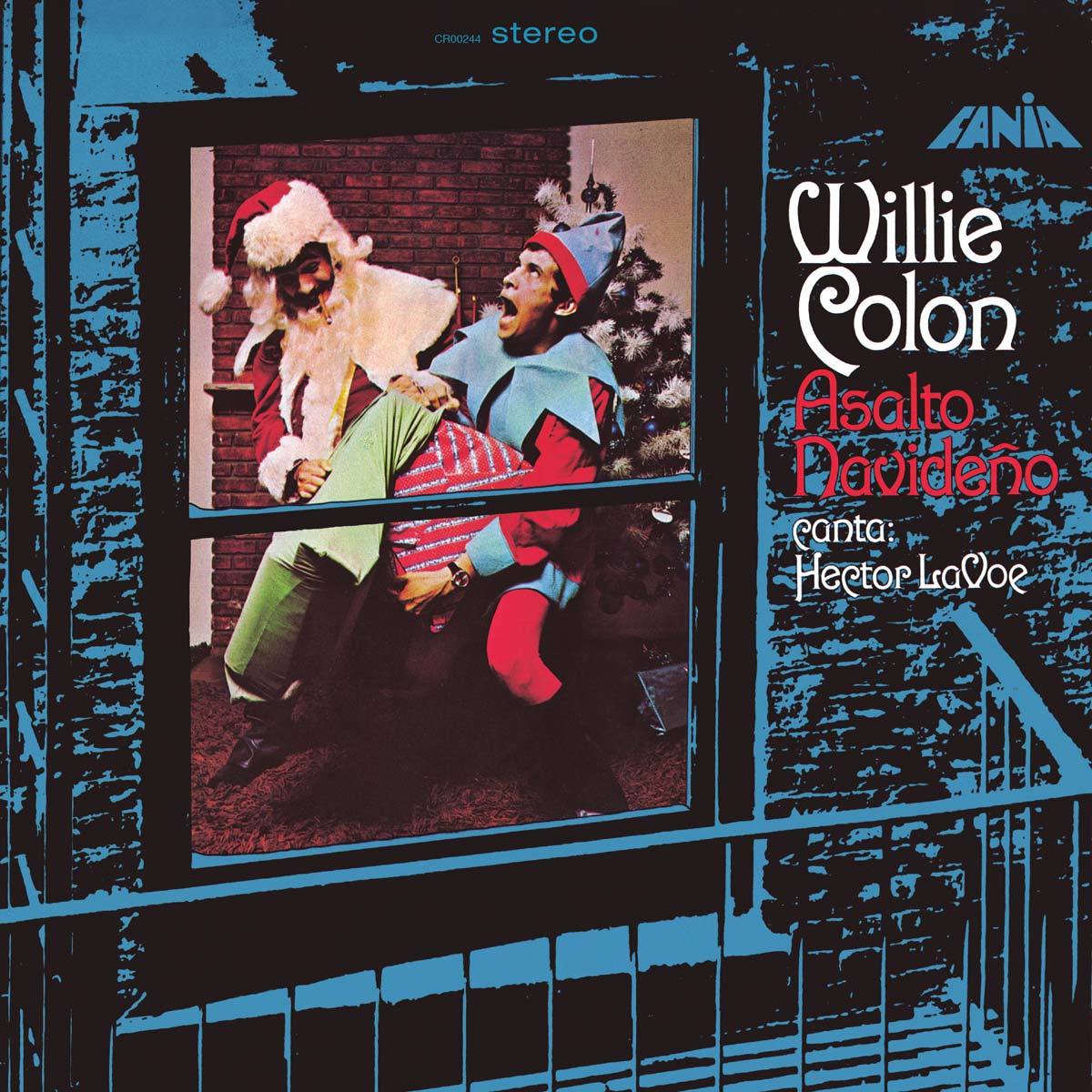
“Asalto Navideño” is vintage salsa. The two parts of this two-record set came out in 1970 and 1973, respectively, the peak years of the salsa boom. Any list of the top ten all-time salsa classics would have to include “Asalto Navideño”, and there are many who would place it on the top shelf. Today, more than 30 years after its initial release, most would still agree that this is the best Puerto Rican Christmas album ever. There’s not a Puerto Rican Christmas party in New York, San Juan, or elsewhere, that isn’t heated up to the strains of this irresistible medley of holiday tunes.
Here the bad boy team of trombonist Willie Colón and vocalist Héctor Lavoe joins forces with premier cuatro player Yomo Toro and legendary percussionists Milton Cardona and José Mangual to cook up salsa versions of typical Christmas songs familiar to Puerto Rican audiences of all ages. This típico sound of traditional country music, called música jíbara, is mixed and blended, salsa-style, with a wide range of other rhythms, starting, of course, with Cuban guaguancó and African-American jazz, but ranging to Brazilian samba, Panamanian murga, Dominican merengue, and others. The overall effect is that of a party, or rather, a parranda, the traditional Puerto Rican and Latin American custom of going door-to-door at Christmas time singing and assaulting the houses of good friends and neighbors—hence the term asalto!—who then welcome the invading troupe with holiday treats and plenty of rum. And so the party begins!
After well-known disc jockey Polito Vega ignites the Christmas spirit and introduces the musicians (“Introducción”), the following two cuts “Canto A Borinquen” and “Popurrí Navideño”, evoke the religious and patriotic meaning of the holidays and offer samples of the musical styles of the three principals, Willie Colón, Héctor Lavoe, and Yomo Toro.
The thematic core of the collection is provided by numbers four and seven, “Traigo La Salsa” and “Esta Navidad”, which are clearly intended to resonate with each other. The message is that while the holiday traditions are rooted on the beloved island of Puerto Rico, they also are celebrated by the millions of Puerto Ricans living in New York and other mainland communities who indeed have something special to bring to the party. Attention is drawn to this message at the beginning of “Traigo La Salsa”: Oigame señor, Listen to me, sir. What the band of musicians brings with them is, in fact, la salsa, the musical styles played and danced to by Puerto Ricans in the mainland diaspora. Wherever I go (dondequiera que me voy), the singer announces, I bear with me the typical Christmas spirit” and symbolically he does so in strains of rumba guaguancó, the Cuban-based improvisational forms that are at the base of what came to be called salsa. And in “Esta Navidad” the encounter between New York Ricans and those on the island is dramatized directly—first by condemning jíbaros who come back to the island with an attitude (con aires de superioridad) and then by insisting that they still have something to contribute, which is referred to toward the end of the number as mi tumbaito. Musically, the song starts off with the strong cadences of typical jíbaro music, contains a full minute in the middle of Yomo Toro improvisation on the cuatro, and ends with the conga and vocal improvisations of the tumbao.
This powerful thematic message, so important to modern-day Puerto Ricans and all Latinos, is interspersed with the song that has remained the best known and most popular on the entire album, “La Murga”, one of the classic dance tunes in the salsa repertoire. Its contagious rhythm and unforgettable trombone motive assures its place in the pantheon, and its loving reference to Panama attests to the pan-Latin American reach of New York Puerto Rican salsa. Though the main emphasis of “Asalto Navideño” is on the jíbaro strain of the traditional music, the collection ends with the playful tune “Vive Tu Vida Contento”, a plena with direct reference to the Afro-Puerto Rican form of la bomba.
Credits
Willie Colón – Trombon, Leader
William “Sweet” Campbell – Trombon
Milton Cardona – Congas, Percussion
José Mangual Jr. – Bongos, Percussion
Johnny Pacheco – Percussion
Prof. Joe Torres – Piano
Louie “Timbalito” Romero – Timbales
Santi “Choflomo” González – Bass
Yomo Toro – Cuatro
Roberto García – Cuatro
Miguel “El Túnel” Matos – “band boy,” Minor Percussion
Lead Singer – Hector Lavoe
Chorus – Willie Colon, Johnny Pacheco, Justo Betancourt
Producer – Jerry Massuci
Recording Director – Johnny Pacheco
Engineer – Irv Greenbaum
Original Album Design – Izzy Sanabria
Original Album Photo – Len Bauman
Written by Juan Flores


